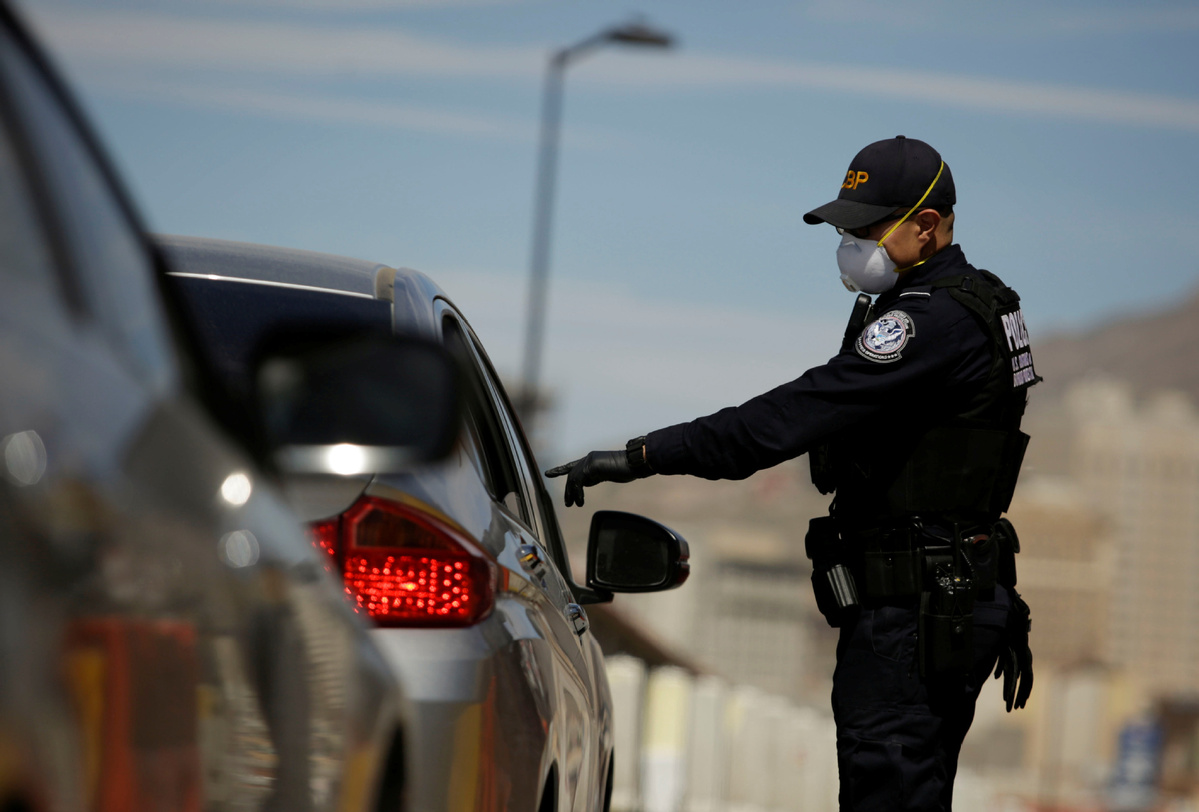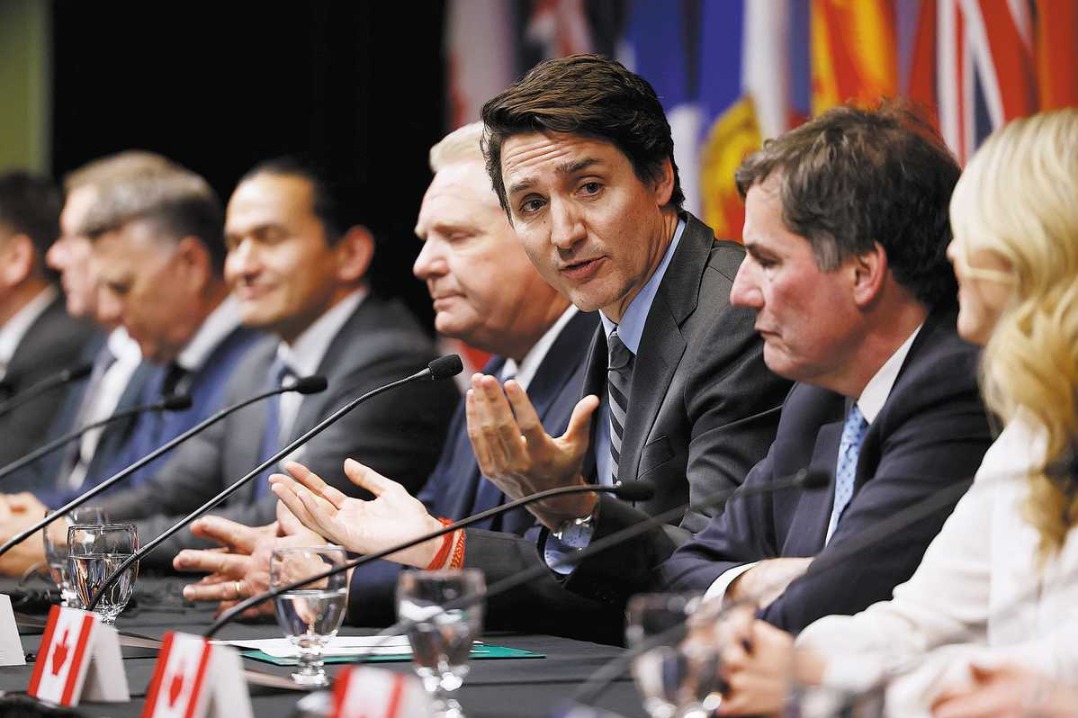The blame game by US defies norms of diplomacy


Politicians in the United States have been defying proposals by the World Health Organization and diplomatic norms by repeatedly and intentionally calling the novel coronavirus a "Chinese virus".
Their whimsical renaming is unfortunate for several reasons, not the least of which is to take the focus off the pandemic while also needlessly attributing blame.
As everyone knows, the outbreak started in Wuhan, Hubei province.
Until now, viruses that have reached the public consciousness have not been given a name associated with a country of origin, but rather the animal that is thought to have been the origin or was especially damaged-for example, swine or bird flu-or a scientific name such as SARS or H1N1.
The Spanish flu from 1918, which did not originate in Spain, is the one exception to this norm.
The WHO has exercised scientific means in naming the disease COVID-19. The International Committee on Taxonomy of Viruses has its entrenched mechanisms for the classification and nomenclature of viruses, which led to the naming of the novel coronavirus SARS-CoV-2.
US politicians' renaming of the virus fits well with their overall modus operandi, which is to use a strategy of diversion through blaming and name calling to hide their mismanagement over the past weeks.
By attacking the United States' main political competitor through labeling of the virus, they apparently hope to attribute blame to China, while drawing attention away from the abysmal job the US administration has done in preventing the country from suffering the worst effects of the pandemic.
Until recently, US politicians had been quite dismissive about the dangers that COVID-19 posed. And many Americans are pointing fingers at the administration for what they see as slow and ineffective responses long after the WHO issued warnings to all nations.
Even as little as a week or two ago, the White House was claiming that "everything is under control", which gave Americans a false sense of security while undermining the gravity of the situation. Now with the stock market crashing and COVID-19 cases rising exponentially, the US situation is anything but under control.
The blame game of US politicians in tweets and news briefings of past days has prompted the National Basketball Association's Asian-American star Jeremy Lin to take them to task: "Can you honestly tell me there is ZERO anti-Chinese sentiment in all his (US President Donald Trump's) characterizations of the virus? Can you honestly tell me Asians aren't being unfairly physically attacked today in the US?"
Now is not the time for blaming. When all is said and done and we are either immune from the virus, having acquired it and recovered, or have acquired immunity through a yet-to-be-formulated vaccine, the time will have come for a grand reckoning.
One should bear in mind that although the flu pandemic of 1918-19 is now known as the Spanish flu, there are indications its origin was a pig farm in the US state of Kansas.
The bigger picture here is that these terrible pandemics arise from our physical contact with animals, both wild and domestic, both East and West. And this has led to the deplorable treatment of animals, as if they are commodities.
Now that the animals have gotten their revenge, if and when a grand reckoning about the present pandemic takes place in months or a year or two from now, leaders need to seriously reconsider our whole model of animal husbandry. Treating animals better is surely one of the key steps toward preventing the next outbreak.
The author is a Hong Kong-based scholar who comments on local and environmental issues.The views do not necessarily reflect those of China Daily.
































